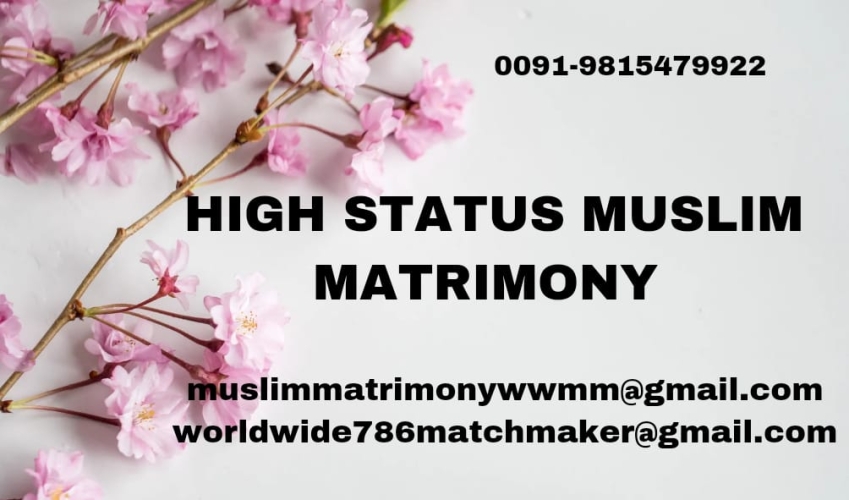The Nikah, also known as the Islamic marriage contract, is a revered and essential institution in Islam. It forms the basis of a lifelong companionship between two people who share faith and affection. The ceremony includes various rituals and traditions, rooted in Quranic principles and the teachings of Prophet Muhammad. This piece explores the significance and elements of the Nikah in Islam, emphasizing its role as both a sacred and legal agreement.
Nikah's Spiritual Foundation
The Islamic concept of Nikah is deeply rooted in spiritual and religious principles, serving as both an act of worship and a means to fulfill the primary objective of Islam – maintaining chastity and establishing a family. Quranic verses such as Surah Ar-Rum (30:21) emphasize the significance of marriage by highlighting its role in providing tranquility, affection, and mercy through the divinely intended companionship and love within Nikah.

Process of Nikah
The Nikah process typically begins with a proposal from the groom, which is accepted by the bride or her guardian. There is then a formal ceremony, during which the marriage contract is signed. During the ceremony, Quranic verses are read, including Surah An-Nisa (4:32), which discusses spouses' rights and responsibilities. Although Nikah has a formal structure, its simplicity reflects the core Islamic values.
Contract of Nikah
Besides outlining the terms and conditions of the marriage, the Nikah contract also contains the Mahr (dower), a symbol of the groom's commitment and responsibility to the bride. The contract also specifies the rights and responsibilities of both spouses and serves as a means of protecting the interests of the parties involved. In order to ensure both spouses are secure and fair, a Nikah contract must be understood.
Witnesses' Role
As witnesses, they testify to the validity and authenticity of the Nikah contract, confirming that it has been entered into voluntarily and without coercion. They play a crucial role in the Nikah ceremony. Islamic marriages are typically accompanied by two male witnesses, although women can also serve as witnesses in some traditions. This practice emphasizes the importance of transparency and accountability.
Nikah's contemporary relevance
In a modern context, the Nikah contract continues to be relevant and adaptable. It accommodates the diverse needs and circumstances of Muslim couples. To ensure compliance with local laws, many Muslims incorporate legal and civil requirements into their Nikah ceremonies worldwide. As a contract that can evolve while maintaining its core principles, Nikah has this adaptability that demonstrates its timeless nature.
Conclusion
In Islam, the Nikah holds a significant place as more than simply a contract; it is a revered covenant that unites the spiritual, legal, and emotional facets of marriage. It embodies the teachings of the Quran and the practices exemplified by Prophet Muhammad, underscoring the importance and holiness of this union. Despite the challenges faced in today's world, the Nikah serves as a reliable compass, guiding Muslims towards enduring love, dedication, and spiritual satisfaction. By delving deeper into the Nikah ceremony, we gain further insight into this timeless custom that continues to shape Muslim societies across the globe.
